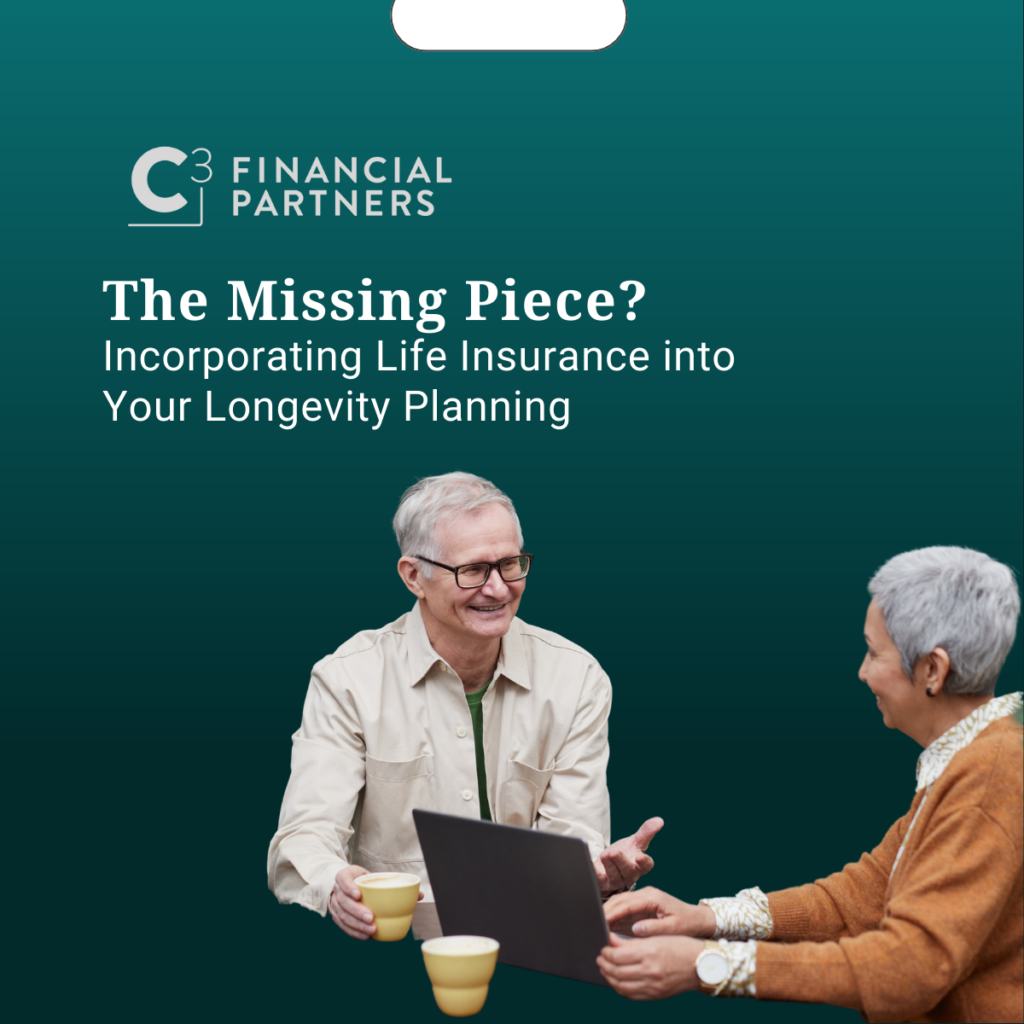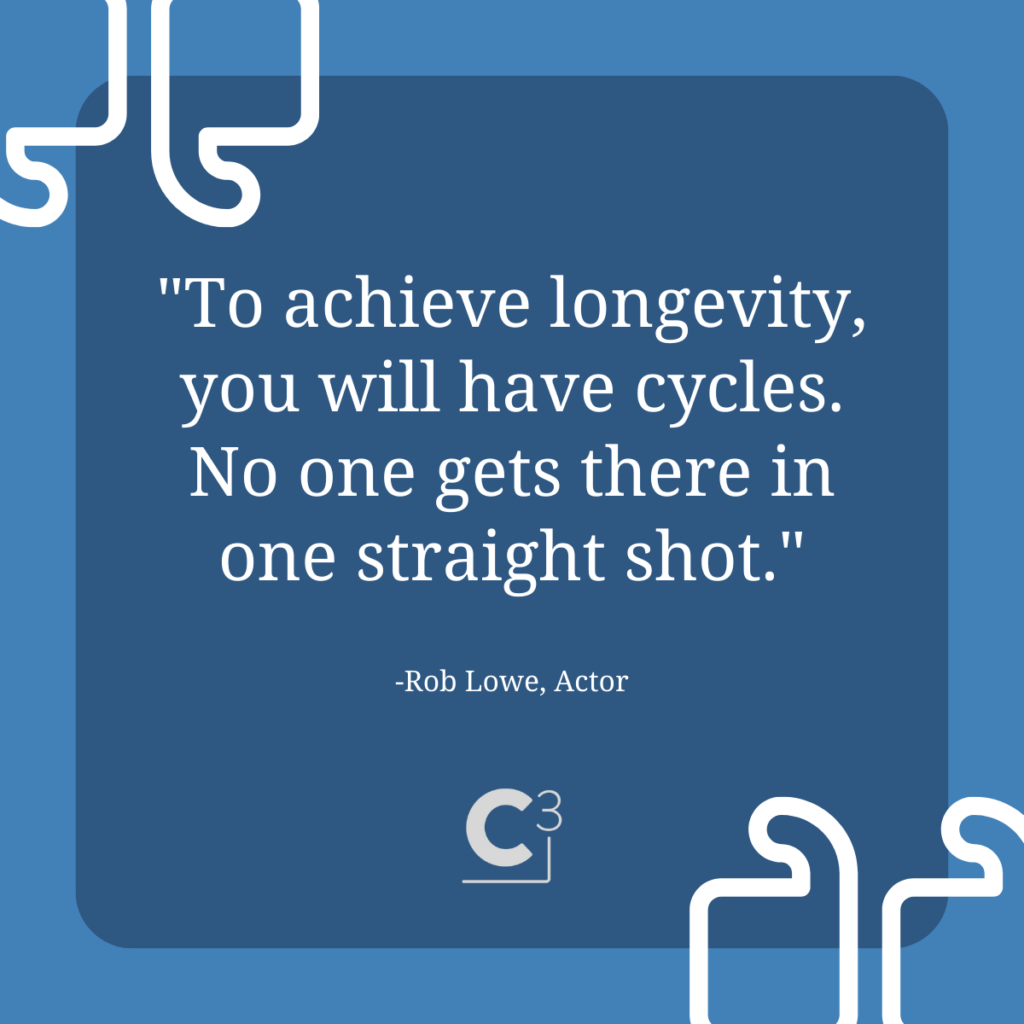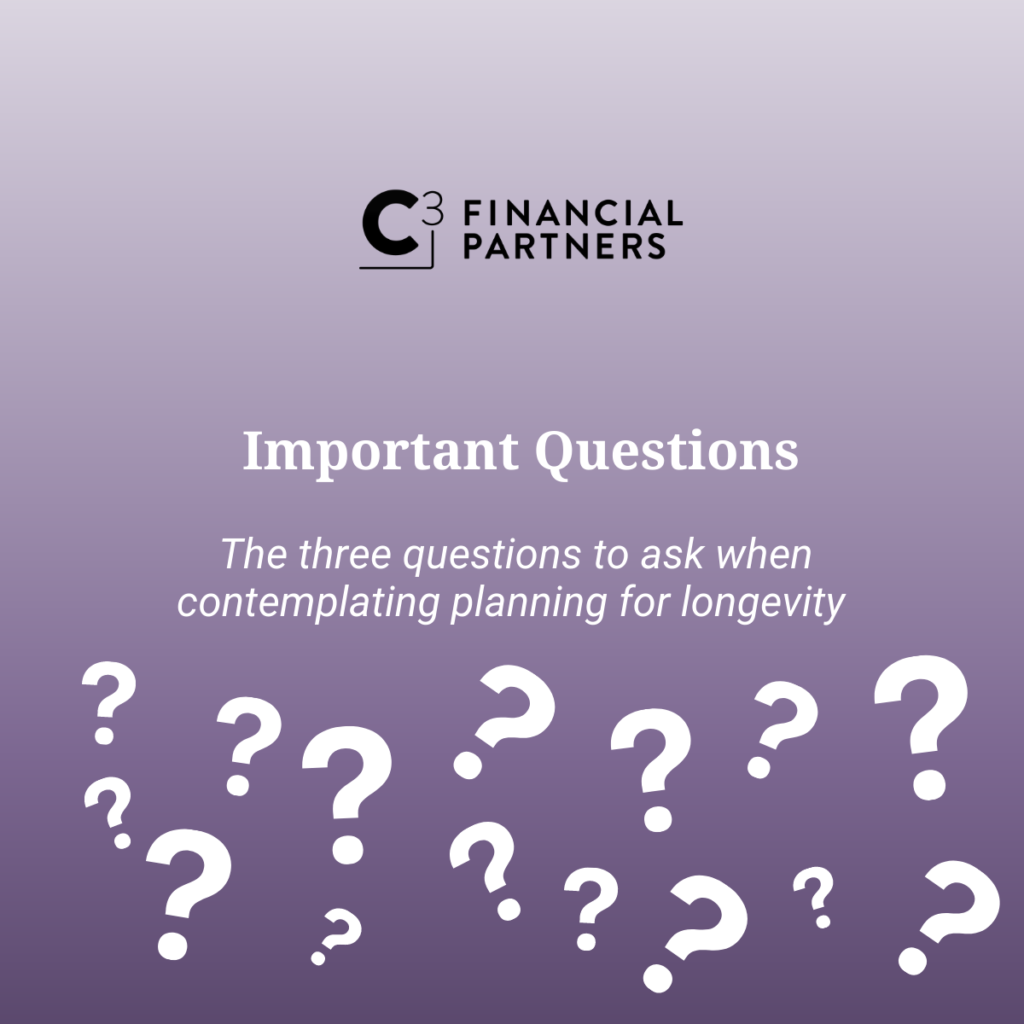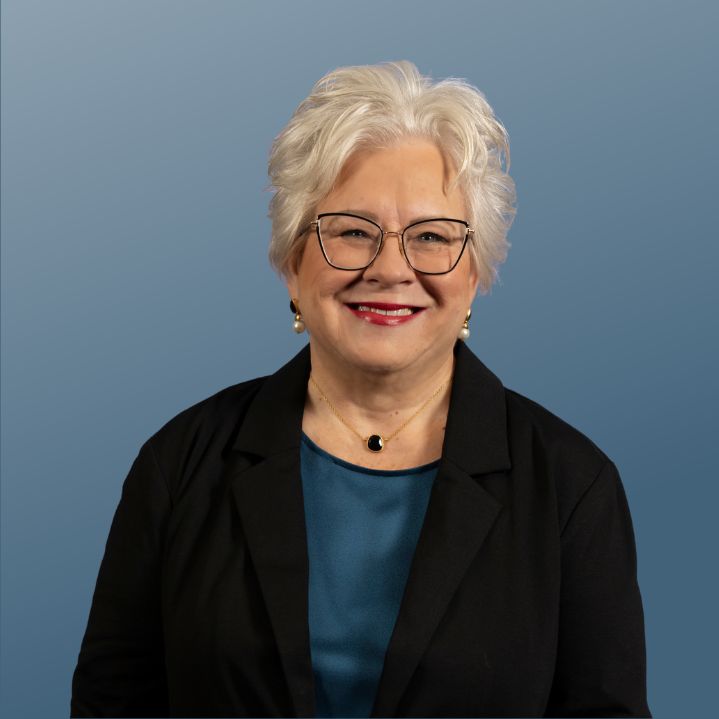 Living to triple digits used to be worthy of attention — and a mention on the Today Show. This is no longer the case. Today some 70,000 centenarians live in the U.S., according to the Centers for Disease Control and Prevention. Indeed, since 2000, America’s 100-and-over crowd has ballooned by 44%.
Living to triple digits used to be worthy of attention — and a mention on the Today Show. This is no longer the case. Today some 70,000 centenarians live in the U.S., according to the Centers for Disease Control and Prevention. Indeed, since 2000, America’s 100-and-over crowd has ballooned by 44%.
Of course, many people welcome the chance for a long life — if it’s accompanied by good health and mental acuity. But that prospect prompts a question: Will your finances stand the test of time?
We’re living longer
Gone are the days when Ben Franklin was the only octogenarian on the block. American girls born in 2021 can expect to live past 81 on average, while the average newborn boy will surpass 76, the CDC reports. Meanwhile, 65-year-old women are likely to live another 21 years, while men at 65 are likely to reach the age of 83. And the American Medical Association says the numbers are even higher for those with good educations and higher than average incomes.
But longer life brings extra risk, and traditional retirement and wealth transfer planning may not meet the challenge. For one, it may be difficult to accumulate enough money to support a retirement that lasts 30 or even 40 years or wealth intended to be passed to family may need to be tapped.
Health care can be particularly unpredictable. A 65-year-old couple retiring today can expect to pay $377,412 for medical care not covered by Medicare, according to HealthView Services. What’s more, costs are rising at twice the rate of inflation.
C3 Financial Partners works in coordination with a client’s entire advisory team in help them thrive financially when living longer.
An Eye Toward the Long Term
 Actor Rob Lowe said, “To achieve longevity, you will have cycles. No one gets there in one straight shot.” This applies to how wealth is obtained and used over a lifetime as well. There are three key life cycles, or stages, to wealth planning: Accumulate; Protect; and Transfer. It is critical to understand which stage applies and to communicate this candidly with advisors when starting the planning process.
Actor Rob Lowe said, “To achieve longevity, you will have cycles. No one gets there in one straight shot.” This applies to how wealth is obtained and used over a lifetime as well. There are three key life cycles, or stages, to wealth planning: Accumulate; Protect; and Transfer. It is critical to understand which stage applies and to communicate this candidly with advisors when starting the planning process.
Accumulation
After repaying any debts and forming a household, many enter a period of peak earning and wealth accumulation on the path to financial independence. Some speed through this phase while, for others, it can last a lifetime.
Protect
Once financial independence is obtained, it becomes important to protect accumulated wealth. This protection allows for the freedom to enjoy life in whatever form that takes – retirement, working in a role that provides enjoyment, educational pursuits, community involvement, etc.
Transfer
Having the ability to make decisions about how wealth will be transferred to loved ones or to the community, either during one’s lifetime or at their death, often concludes the planning process. Without proper planning, this transfer will be forced, and the government may play a larger role than desired when wealth could be directed to cover tax liabilities.
At C3 Financials Partners, we recognize, by identifying a client’s current life stage, all of the client’s advisors can start on the same page.
Have a Plan
Those contemplating planning for longevity should ask themselves these questions:
- What is my current life stage?
- Is this stage where I want to be?
- Are there gaps I would like to close between where I am and where I want to be?
Wealth planning that takes into account living longer involves a comprehensive review of all the decisions that affect finances as someone moves through the key life stages. This involves considerations around a potential retirement, housing choices, investment strategies, life insurance needs, community giving goals, and eldercare. It also seeks to ensure that all estate planning structures and documents are in place to facilitate a pre-determined transfer of wealth.
Specifically, when incorporating life insurance into planning, it is important to understand that life insurance is not only useful for its death benefit. While the income tax-free death benefit can provide immediate liquidity to handle taxation and other costs incurred at the death of the insured, life insurance has other, equally important uses. If structured properly, a policy’s cash value can provide a source of income and this money may even be accessed tax-free. In addition, many of today’s life insurance policies may include a long-term care benefit to cost-effectively help mitigate the expenses inherent with increased longevity.
Wealth planning is a dominant trend in the financial planning industry today, as some 111 million baby boomers (born between 1946 and 1964) shift their focus from wealth accumulation to the preservation and transfer of assets to their loved ones—and to causes they care about.
The risks of poor planning are significant. Absent specific guidance on how someone wishes their money to be used, and their wishes for end-of-life health care, their loved ones could be forced to guess about intentions.
C3 Financial Partners’ longevity resources are designed to help unlock new levels of financial confidence through integrated goal planning and in coordination with a client’s other advisors.
One Size Does Not Fit All

Longevity planning is a very individualized process and there is no one financial savings tool or strategy that will meet everyone’s needs. Engaging an experienced and skilled financial professional can help establish a plan and put financial affairs in order so that a potentially longer period of financial independence can be achieved and accumulated wealth can be transferred as intended. At C3 Financial Partners, we help our clients gain clarity in their goals and objectives, confidence that they are making the right decisions, and coordinating with their other advisors.
 ™
™



